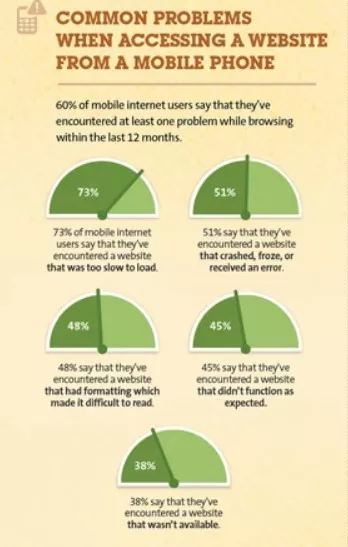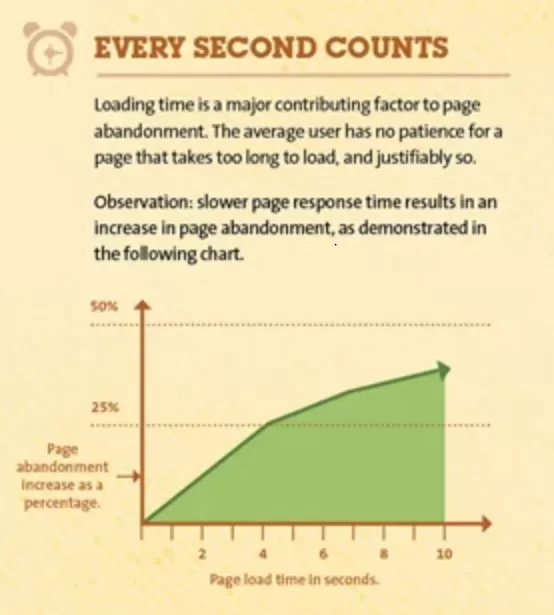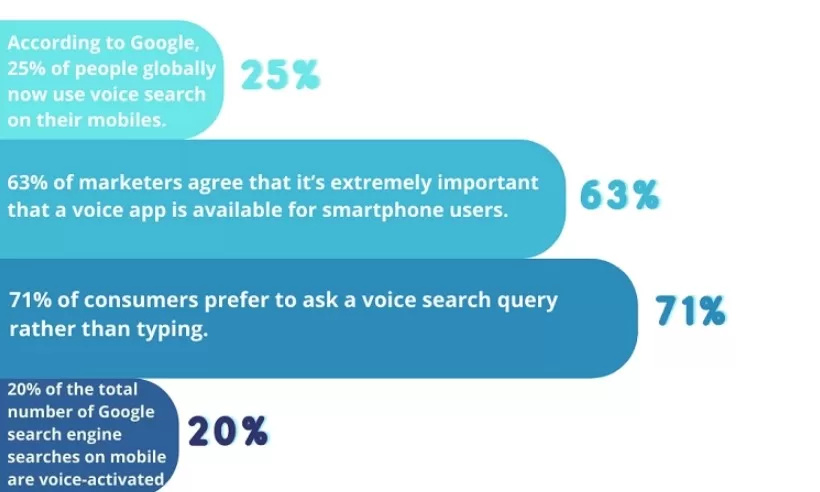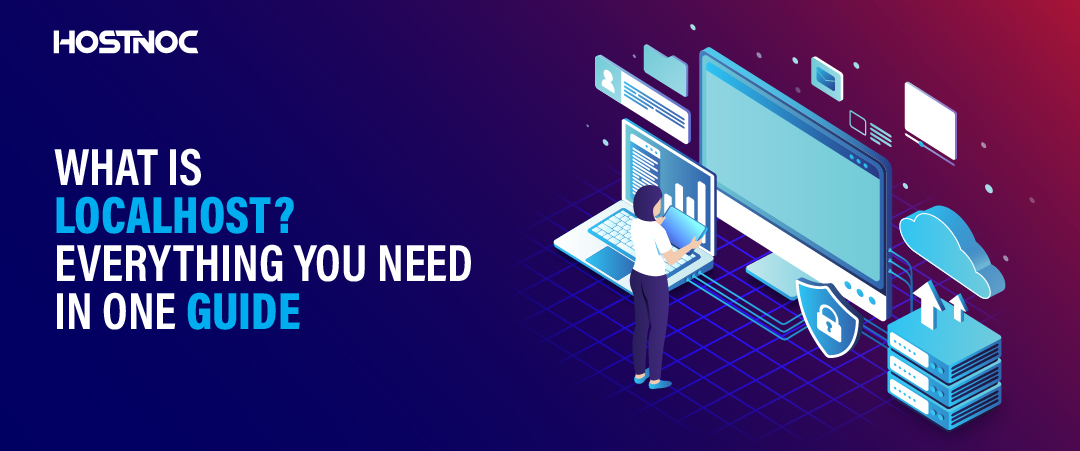Blogs

How To Choose The Right Web Hosting Plan For Your Business?
June 27, 2023
Future of Hosting: Predictions and Innovations in the Industry
July 11, 202310 Ways In Which Web Hosting Is Transforming E-Commerce?
The e-commerce industry has been rapidly growing in recent years, and the Covid-19 pandemic has accelerated this growth even further. The shift to online shopping has become more than just a convenience, it’s a necessity. With the increase in online shopping, businesses need to ensure they have the right infrastructure and tools to succeed. Web hosting is one of the most important components of a successful e-commerce business.
In this article, you will learn about 10 ways in which web hosting is reshaping the future of e-commerce.
The e-commerce industry has been rapidly growing in recent years, and the Covid-19 pandemic has accelerated this growth even further. The shift to online shopping has become more than just a convenience, it’s a necessity. With the increase in online shopping, businesses need to ensure they have the right infrastructure and tools to succeed. Web hosting is one of the most important components of a successful e-commerce business.
In this article, you will learn about 10 ways in which web hosting is reshaping the future of e-commerce.
- Did You Know?
- 10 Ways In Which Web Hosting Is Transforming E-commerce
- 1. Improved Website Speeds:
- 2. Enhanced Security Measures:
- 3. Global Reach:
- 4. Scalability:
- 5. Mobile Optimization:
- 6. Integration with E-commerce Platforms:
- 7. Personalization:
- 8. Voice Search Optimization:
- 9. Sustainability:
- 10. Customer Support:
- Conclusion
Did You Know?
According to e-commerce statistics,
- A one-second delay in page load time can lead to a 7% decrease in conversions.
- 57% of online shoppers will abandon a site that takes more than 3 seconds to load.
- 47% of customers expect a page to load in 2 seconds or less.
- 73% of mobile internet users have encountered a website that was too slow to load.

10 Ways In Which Web Hosting Is Transforming E-commerce
Here are ten ways in which web hosting is changing e-commerce.
1. Improved Website Speeds:
Fast website speeds are crucial for a positive customer experience. Customers expect websites to load quickly and efficiently. Hosting providers are investing in high-speed servers, content delivery networks (CDNs), and other technologies to ensure websites load quickly and efficiently. With faster website speeds, businesses can provide a seamless e-commerce experience, which is essential for building customer loyalty.

2. Enhanced Security Measures:
Security is a top concern for e-commerce businesses. Customers expect their personal and payment information to be protected when shopping online. Hosting providers are offering advanced security features such as SSL certificates, DDoS protection, and firewalls to ensure that customer data is protected. With enhanced security measures, businesses can build trust with their customers and protect their reputation.
3. Global Reach:
Web hosting has made it possible for businesses to reach customers anywhere in the world. Hosting providers offer multiple server locations, allowing businesses to store data closer to their customers and improve website performance. With global reach, businesses can expand their customer base and take advantage of new markets.

4. Scalability:
E-commerce businesses often experience rapid growth and need a hosting solution that can keep up. Web hosting providers are offering scalable hosting solutions that can accommodate growth and provide flexible resources to handle spikes in traffic. With scalable hosting solutions, businesses can focus on their growth and not worry about whether their website can handle the traffic.
5. Mobile Optimization:
Mobile optimization is essential in today’s e-commerce industry. With more and more customers shopping on their mobile devices, web hosting providers are focusing on mobile optimization. Mobile-responsive websites and apps are becoming standard, and hosting providers are offering features such as mobile app development and optimization to ensure businesses can reach their customers on any device.

6. Integration with E-commerce Platforms:
Web hosting providers are partnering with e-commerce platforms to offer seamless integration. This integration allows businesses to easily set up an ecommerce store and manage their inventory, sales, and payments. With integration, businesses can focus on their core competencies, such as product development and marketing, and not worry about the technical details of managing an online store.
7. Personalization:
Personalization is becoming increasingly important in e-commerce. Hosting providers are offering advanced analytics and machine learning tools to help businesses personalize the customer experience. With personalization, businesses can create targeted marketing campaigns and offer personalized recommendations, improving the overall customer experience.
8. Voice Search Optimization:
With the rise of voice assistants, web hosting providers are focusing on voice search optimization. Websites need to be optimized for voice search to ensure they appear in voice search results. With voice search optimization, businesses can take advantage of this growing trend and reach new customers.

9. Sustainability:
Environmental sustainability is a growing concern for businesses and consumers. Hosting providers are investing in sustainable practices such as energy-efficient servers and renewable energy sources. With sustainability, businesses can reduce their environmental impact and appeal to environmentally-conscious consumers.
10. Customer Support:
E-commerce businesses rely on their hosting provider for technical support. Hosting providers are investing in customer support and offering 24/7 support and live chat features to ensure businesses have access to the help they need. With reliable customer support, businesses can quickly resolve technical issues and get back to running their business.
Conclusion
Web hosting is reshaping the future of e-commerce by offering improved website speeds, enhanced security measures, global reach, scalability, mobile optimization, integration with e-commerce platforms, personalization, voice search optimization, sustainability, and customer support. As e-commerce continues to grow, web hosting providers will continue to innovate and provide the infrastructure and support necessary for businesses to succeed.
How is web hosting changing e-commerce in your opinion? Share it with us in the comments section below.
Featured Post
Web Hosting Statistics 2026: Market Growth, Trends and Key Insights
In 2026, businesses face a digital landscape that’s faster, more competitive, and more infrastructure-dependent than ever. Yet many decision-makers still rely on outdated web hosting data, […]
What Is Localhost? Complete Guide to Master It (2026)
Table of Contents What Is Localhost? Local Hosting Definition How Localhost Works? Where is the Localhost File? Common Localhost Ports and Their Uses What Is the […]
API Hosting: How It Works, Types and the Most Cost-Effective Solutions
API hosting refers to the process of deploying and making an Application Programming Interface (API) accessible over a network — usually the internet — so that […]












